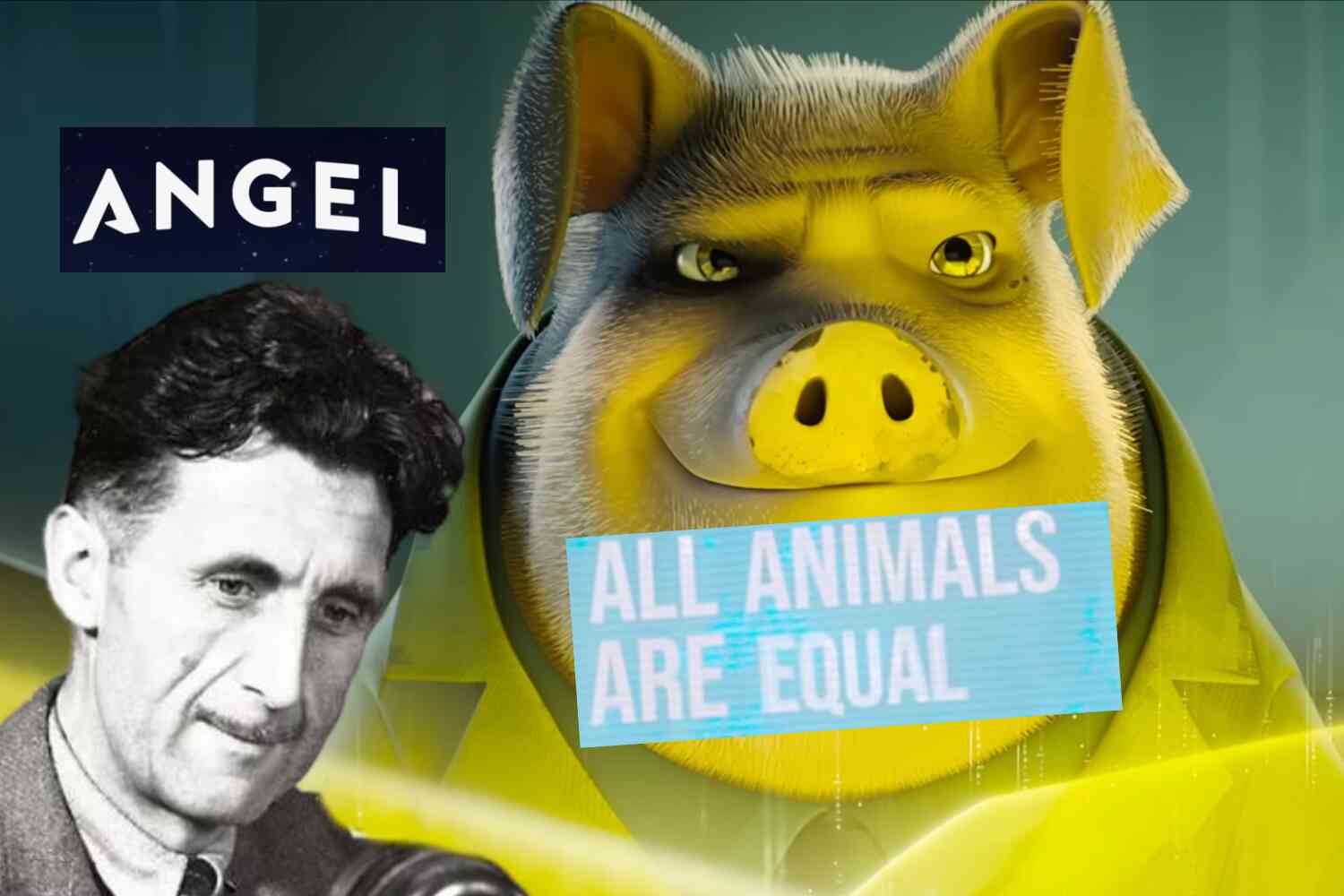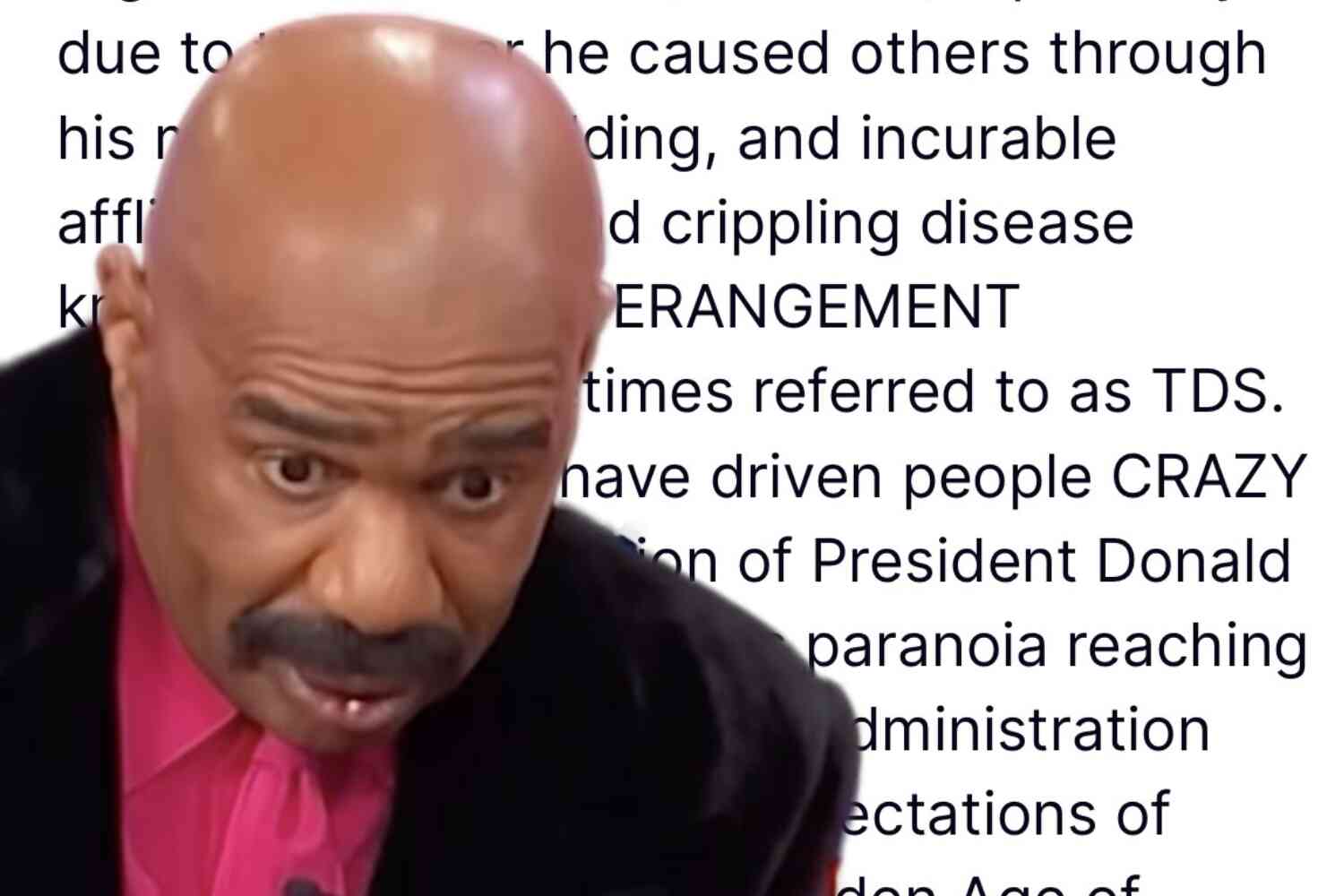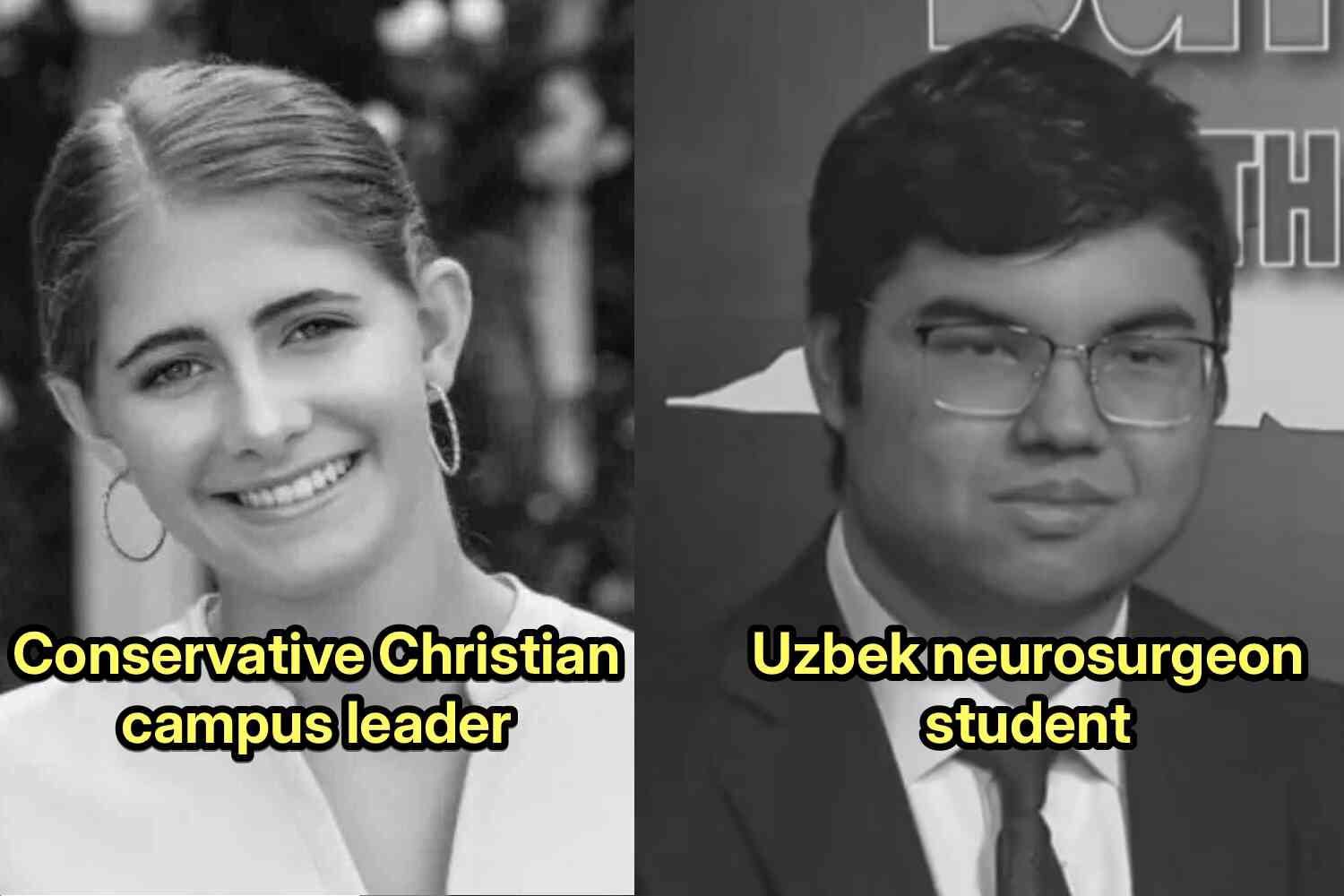I regret to inform you that the Apocalypse has been rescheduled. 😭
The article, which has also been deleted (archived here), said this:
In a recent speech at the University of Chicago, James Anderson — a professor of atmospheric chemistry at Harvard University — warned that climate change is drastically pushing Earth back to the Eocene Epoch from 33 million BCE, when there was no ice on either pole.
Oh no, the world is going to end.
Listen to the experts!
Trust the science!
Anderson says current pollution levels have already catastrophically depleted atmospheric ozone levels, which absorb 98 percent of ultraviolet rays, to levels not seen in 12 million years.
Anderson's assessment of humanity's timeline for action is likely accurate, given that his diagnosis and discovery of Antarctica's ozone holes led to the Montreal Protocol of 1987. Anderson's research was recognized by the United Nations in September of 1997. He subsequently received the United Nations Vienna Convention Award for Protection of the Ozone Layer in 2005, and has been recognized by numerous universities and academic bodies for his research.
See, he's an expert! He can't be wrong!
Recovery is all but impossible, he argued, without a World War II-style transformation of industry — an acceleration of the effort to halt carbon pollution and remove it from the atmosphere, and a new effort to reflect sunlight away from the earth's poles.
This has [to] be done, Anderson added, within the next five years.
Some of you are getting angry with me as if I'm sensationalizing this story.
AKSHUALLY, Greta didn't say the world would end in five years. She just noted that this internationally acclaimed Harvard professor said we'd be doomed in the future if we didn't stop using fossil fuels by 2023 and push through a "World War II-style" transformation of industry by government!
(I'll let you think on who the sensationalist one is for a moment.)
Oh, and if you needed any other proof of Anderson's prophetic expertise, here's another prediction he made in the article:
"The chance that there will be any permanent ice left in the Arctic after 2022 is essentially zero," Anderson said, with 75 to 80 percent of permanent ice having melted already in the last 35 years.









